Global Health Governance Study Group
2021–2022
The International Order and Japan’s Role in the COVID and Post-COVID Era
Working in collaboration with the Tokyo University Institute for Future Initiatives (IFI), JCIE conducted a one-year research project on global health governance, focusing on the theme of “The International Order and Japan’s Role in the COVID and Post-COVID Era.” The objective of the study group was to provide analyses on global and regional health governance systems and structures and to offer concrete recommendations about the role Japan should play in the field of global health.
In recent years, Japan has built a strong track record in facilitating international cooperation and leading international debates on global health. For example, based on the country’s own experience in introducing a universal health insurance system even prior to achieving economic growth, it has become a leading proponent of mainstreaming universal health coverage (UHC) and has put forward policy ideas incorporating UHC and the establishment of infectious disease emergency response systems.
However, the global spread of COVID-19 has called into question the superiority of Japan’s own systems, institutions, and technologies, which had served as the basis for Japan’s commitment to global health. In order for Japan to continue to exercise leadership in global health as a nation that promotes “human security” as one of the main pillars of its foreign policy, Japan must create a virtuous cycle between securing the health of its own citizens through health security and promoting global security based on the principles of international cooperation. Health security must be achieved through systemic reform and capacity building in Japan (including in areas of R&D), while global security should be pursued through collaboration with the G7, G20, international organizations, and civil society organizations (CSOs).
In addition to providing analyses on global and regional health governance systems and structures, which are undergoing significant changes, this project examined specific themes to offer concrete recommendations about the role Japan should play in the field of global health—an issue that has become ever more tied to national security. In particular, the project explored the policy direction that Japan should present to the external audience as it prepared for the 2023 G7 Summit, which was hosted by Japan, and for the review of the progress made on the UHC Political Declaration on UHC, which was agreed upon at the 2019 UHC High-Level Meeting on UHC, and for which Japan has been one of the leading countries. By disseminating these recommendations to audiences in and outside of Japan through various media, the project aims to spark discussions on Japan’s role in the global health field.
The study group received input from senior advisors and produced policy papers and policy briefs that are available in English and Japanese.
POLICY BRIEFS
Original Japanese versions of all policy briefs can be accessed here.
2. Yusuke Tsugawa, “Did the Economy Stagnate Due to COVID-19 Countermeasures?”
3. Sayako Kanamori, “Issues of UHC Strategy During and After the COVID-19 Era”
10. Haruka Sakamoto, “Synergies between Universal Health Coverage (UHC) and Health Security”
11. Shuhei Nomura, “Japan’s Development Assistance for Global Health: Historical Trends and Prospects for a New Era” [Published in The Lancet]
15. Haruka Sakamoto, “Financial Mechanism for Health Security—Challenges and Lessons for the Future”
17. Ayako Takemi, “Global Health Financing and Governance—Status and Challenges”
DIRECTOR | |
Hideaki Shiroyama | Director, Institute for Future Initiatives; Professor, Graduate School of Public Policy; Professor, Graduate School of Law and Politics, the University of Tokyo |
DEPUTY DIRECTORS | |
Yasushi Katsuma | Professor, Graduate School of Asia-Pacific Studies; Director, Department of Global Health Affairs & Governance, Institute for Global Health Policy Research, Bureau of International Health Cooperation, National Center for Global Health and Medicine |
Kazuto Suzuki | Professor, Graduate School of Public Policy, the University of Tokyo |
OTHER MEMBERS | |
Shiho Hirano | Program Associate, Japan Center for International Exchange (JCIE) [Assistant for the Research Coordinator] |
Yurika Ishii | Associate Professor, Department of International Relations, National Defense Academy |
Sayako Kanamori | Specially Appointed Associate Professor, Center for the Study of CO Design, Osaka University; Member of the Advisory Board for Promoting Science and Technology Diplomacy |
Makiko Matsuo | Project Associate Professor, Graduate School of Public Policy; Researcher, Institute for Future Initiatives, the University of Tokyo [Assistant Director] |
Kentaro Nishimoto | Professor, Graduate School of Law, Tohoku University |
Yoshitaka Nishino | Research Associate, JCIE |
Shuhei Nomura | Project Associate Professor, Department of Health Policy and Management, School of Medicine, Keio University |
Haruka Sakamoto | Associate Professor, Department of International Affairs and Tropical Medicine, Tokyo Women’s University |
Motoko Seko | Lecturer, Eikei University of Hiroshima; Member of the Technical Review Panel of the Global Fund to Fight AIDS, Tuberculosis and Malaria |
Tomoko Suzuki | Chief Program Officer, JCIE [Research Coordinator] |
Ayako Takemi | WHO Consultant; Project Researcher, Institute for Future Initiatives, the University of Tokyo |
Kayo Takuma | Professor, Faculty of Law, Tokyo Metropolitan University |
Yusuke Tsugawa | Associate Professor, UCLA David Geffen School of Medicine & Fielding School of Public Health |
ADVISORS | |
Satoko Itoh | Managing Director, JCIE |
Shunsuke Mabuchi | Senior Adviser, Global Delivery Program, Bill & Melinda Gates Foundation |
Saeda Makimoto | Principal Research Fellow, JICA Ogata Sadako Research Institute for Peace and Development |
Tomoya Saito | Director, Center for Emergency Preparedness and Response, National Institute of Infectious Diseases |
Ikuo Takizawa | Senior Deputy Director-General, Human Development Department; Senior Director, Office for COVID-19 Response, Japan International Cooperation Agency (JICA) |
Kiyoaki Yamabe | Acting CEO, Global Health Innovative Technology (GHIT) Fund |
*Officials of related ministries are also joining the research meetings for providing inputs. | |
| as of February 2022 |
This project proposal is convened with the subsidy scheme for study/research on foreign policy and security by the Ministry of Foreign Affairs of Japan.


